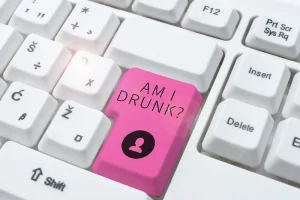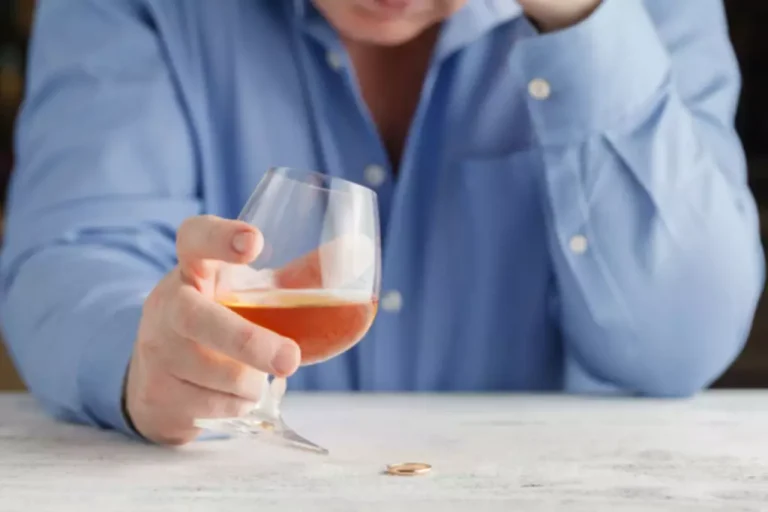
People should speak with a healthcare professional about consuming alcohol and taking blood-thinning medications safely. A person should also speak with a doctor or access online support if they have concerns that they or someone they know may have AUD. Therefore, a person should not drink alcohol instead of taking blood thinning medications as a doctor has prescribed. Therefore, a person should speak with a healthcare professional about whether it is safe for them to drink alcohol while taking medications. A 2017 review explains that alcohol consumption has complex and varying effects on platelets, which are small blood cells that initiate the coagulation cascade, causing blood to clot. But sometimes, a blood clot can form in — or travel to — an artery that supplies your heart or brain with oxygen-rich blood.
Anticoagulants

Researchers also found decreased rates of coronary artery disease (CAD) and non-fatal stroke among people who drank alcohol compared to those who didn’t. Packed with potassium, bananas can help improve blood flow by lowering blood pressure. Too much sodium in your diet can cause high blood pressure, but potassium helps the kidneys remove extra sodium from your body, which then passes through your urine.
What to know about blood thinners for heart disease
People taking blood thinners are cautioned against drinking alcohol, but research has found that it is generally safe when done so infrequently and in moderation. Speak to a healthcare provider before drinking alcohol while on blood thinners. Over time, excessive alcohol use can lead to an increased risk for cardiovascular events, such as a heart attack or stroke, because of the ways it affects the blood and circulatory system. That said, moderate use of alcohol may have the opposite effect. The amount of alcohol a person consumes daily contributes to how it affects blood and heart health.
Can you take vitamin D with blood thinners?
One literature review of studies shows many of the studies regarding the use of lion’s mane for depression are conducted on mice, which makes comparison with human mental health challenging. During your Eliquis treatment, consider taking notes on any side effects you’re having. This is especially helpful when you first start taking new drugs or using a combination blood thinners and alcohol of treatments. If you have symptoms of a severe allergic reaction, such as swelling or trouble breathing, call 911 or your local emergency number right away. These symptoms could be life threatening and require immediate medical care. If you’re concerned about kidney-related side effects occurring during Eliquis treatment, talk with your doctor or pharmacist.
- Warfarin is usually well tolerated and inexpensive, but you must monitor how thin your blood is with frequent lab work.
- Get your blood checked often if you’re on warfarin or heparin.
- But in people who drink heavily, there can be a rebound effect in which the bleeding risk increases, even after they’ve stopped drinking.
- Acetaminophen can cause liver damage if you take more than the recommended dose.
What are the mild side effects of Eliquis?
Different anticoagulants work at different parts of the coagulation process. For instance, some anticoagulants do this by competing with vitamin K, which your body needs to make proteins called clotting factors. These help your blood cells bind together to make blood clots. For the most part, moderate alcohol consumption is safe for people while taking blood thinners as long as they have no major medical problems and are in overall good health. It’s important to confirm this with a healthcare professional. Precautions Against Drinking Alcohol While Taking Blood Thinners.
This type of blockage can lead to life-threatening conditions such as pulmonary embolism, stroke, or heart attack. Blood-clotting in the circulatory system is referred to as thrombosis. Long-term effects of excessive alcohol consumption can be detrimental to blood and heart health. Both high blood pressure and heart disease risk are increased in people who use the substance in excess for an extended period. Even minor injuries, such as scratches, can damage blood vessels and cause bleeding. To control excessive bleeding and ensure an injury does not become life-threatening, the blood clots.
More on Atrial Fibrillation

Of course, healthcare professionals are here to assist and support you along the way. If you know you’re vulnerable to alcohol misuse, try not to put yourself in an environment that will encourage excessive intake. For those who have a problem with alcohol use disorder, there are resources and tools to help reduce alcohol intake. This literature review is the foundation of the current alcohol consumption guidelines.

In fact, there were more than 12 million prescriptions filled for Eliquis in 2018. This newer medication has nearly caught up to warfarin—also known by its brand name Coumadin—a classic blood thinner that’s been used since 1954. Some foods and supplements are believed to have some blood thinning properties. However, they are not regulated by the Food and Drug Administration (FDA), and the concentration of active compounds in supplements is not consistent. Many of the herbs that may interact with blood-thinning medications do so because they, too, have either antiplatelet or anticoagulant properties. The pieces may then travel to other body parts and cause more problems.
What are the more common side effects of Eliquis?
If you’re concerned about side effects that you may have while taking a higher dosage of Eliquis, talk with your doctor or pharmacist. In studies, the majority of people taking Eliquis were ages 65 years and older. The studies did not find an increased risk of Eliquis side effects in older people when compared with younger people. If you develop serious side effects while taking Eliquis, call your doctor right away. If the side effects seem life threatening or you think you’re having a medical emergency, immediately call 911 or your local emergency number.
According to research, moderate consumption of alcohol has been found to cause a small increase in your HDL (good) cholesterol. The lowest risk of CAD deaths was found in people consuming approximately one to two alcoholic equivalents. A more neutral effect was found with stroke deaths and non-fatal strokes.
